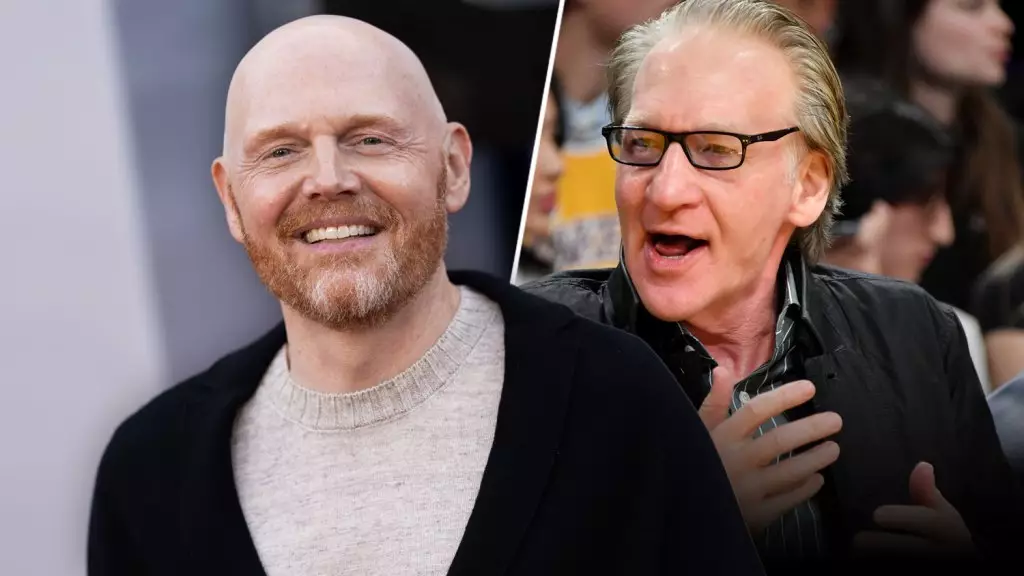Bill Burr recently appeared on Bill Maher’s Club Random podcast and made a bold statement about cancel culture, declaring that it is “over.” During the interview, the conversation turned to Louis C.K., a comedian who was largely shunned by Hollywood after allegations of sexual misconduct surfaced. Despite this, Louis C.K. has been able to return to touring and producing his own projects, leading Maher to believe that he should be welcomed back with open arms.
Maher expressed his frustration with the current state of cancel culture, stating, “Isn’t it time everyone just went: ‘OK, it wasn’t a cool thing to do, but it’s been long enough and welcome back. Enough! I mean for Christ’s sake, it’s not the end of the world.” He went on to criticize the inconsistent nature of #MeToo-type punishments, pointing out that some individuals have faced far less severe consequences for more egregious actions.
Burr echoed Maher’s sentiments, highlighting the arbitrary and unpredictable nature of cancel culture. He noted that the phenomenon originally began as a way to hold individuals accountable for their actions, but quickly spiraled out of control. Burr recalled a time when cancel culture led to criticism over the content of his stand-up act, signaling a concerning shift in the movement. Despite this, Burr expressed his belief that cancel culture is no longer as prevalent as it once was, stating, “It’s all over.”
Debating the End of Cancel Culture
Maher questioned Burr’s assertion, prompting a discussion about the current state of cancel culture. While Burr maintained that the movement has lost its momentum and no longer holds the same power it once did, Maher disagreed. He suggested that cancel culture is still alive and well, particularly in cases where individuals face backlash for controversial statements or jokes.
The conversation between Bill Burr and Bill Maher sheds light on the complex and ever-evolving nature of cancel culture. While some argue that the movement has lost its influence and is no longer a significant force, others maintain that cancel culture continues to shape public discourse and social dynamics. The debate surrounding the end of cancel culture highlights the need for ongoing reflection and consideration of the implications of holding individuals accountable for their actions.

Leave a Reply